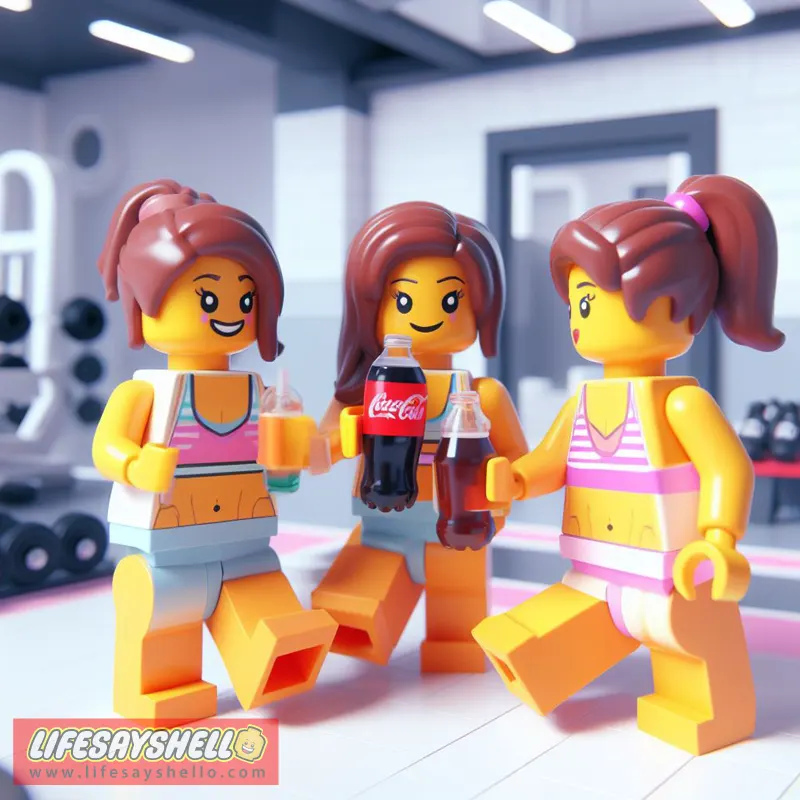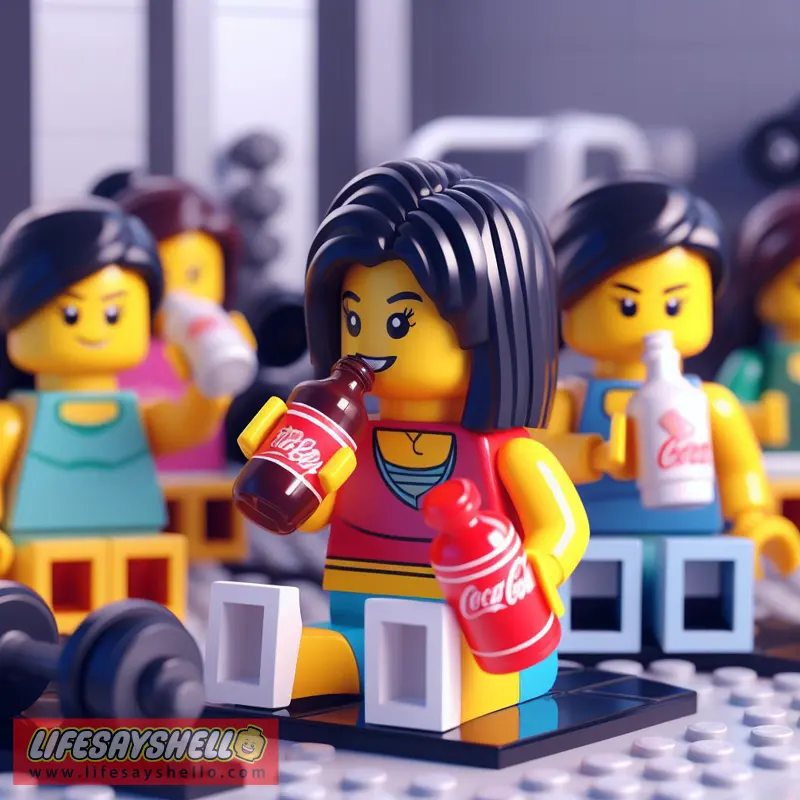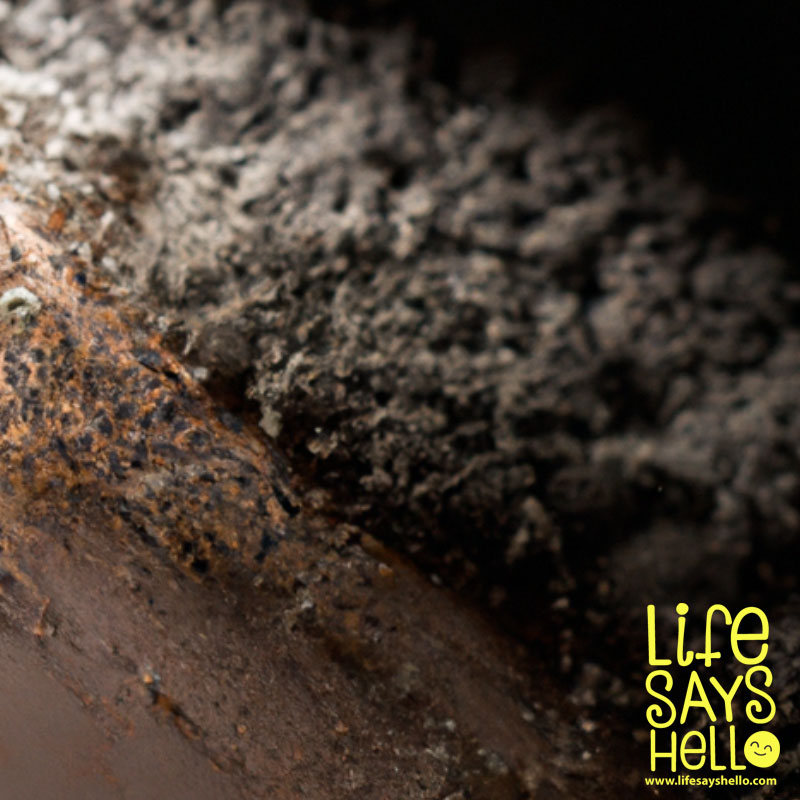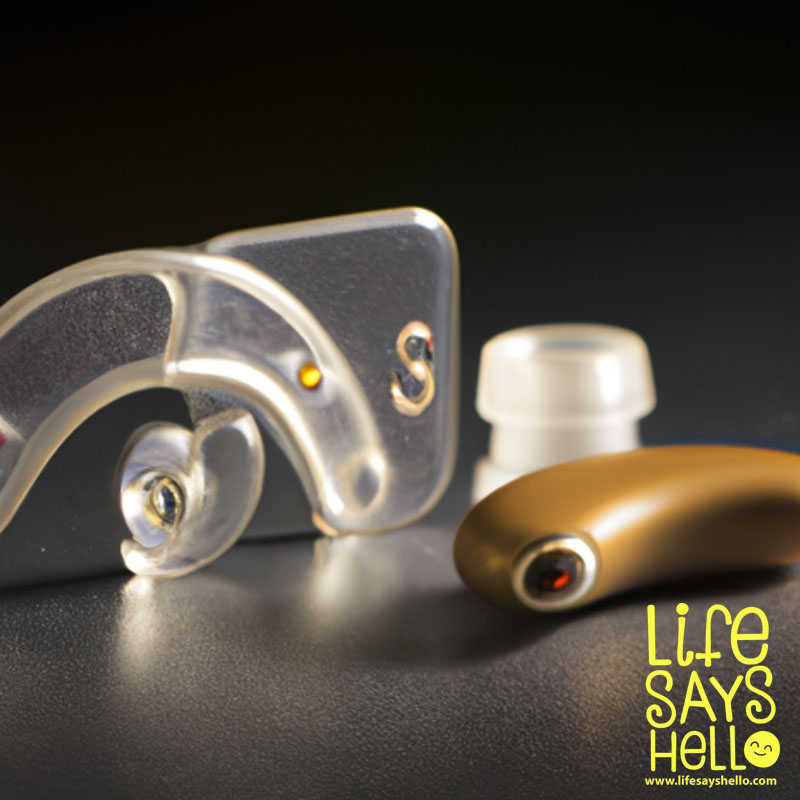Are Diet Sodas Bad for You? The Truth About Their Health Effects

Diet sodas remain incredibly popular sugar-free drink options. But controversy surrounds their potential health effects. Some claim they cause weight gain or other problems. Others argue diet sodas pose few risks for most people. But what does the research actually show? In this article, we’ll explore the debate around diet sodas and whether limiting intake may benefit your health.
With rising rates of obesity and diabetes, finding ways to cut excess sugar is crucial. Diet sodas provide the fizzy sweet taste many crave without sugar’s high calorie content. This seems like an easy fix for cutting calories and losing weight. However, some studies suggest diet sodas may contribute to weight gain over time. Artificial sweeteners have also come under fire for disrupting gut health and increasing sugar cravings.
Beyond potential effects on weight, other concerns revolve around diet sodas’ impact on cardiovascular health. And their high acidity can degrade tooth enamel with frequent consumption. Due to these potential risks, limiting intake to a reasonable level of 1-2 cans per day may be wise. We’ll break down what the research says on all these topics below.
Can Drinking Diet Sodas Lead to Weight Gain?

With zero calories and sugar, you’d expect diet sodas to aid weight loss. But several studies suggest people who drink diet sodas daily tend to gain more weight over time. Does this mean artificial sweeteners cause us to gain weight? Or are other factors at play? This relationship remains complex and debated.
Some research suggests our brains react to artificial sweeteners more like sugar than we expect. A 2019 study found artificial sweeteners could stimulate appetite and cravings, especially for sweet foods. Participants drank either water or beverages with sucralose or aspartame. MRI scans showed consuming artificial sweeteners activated brain regions involved in appetite to a greater degree than plain water did.
But other studies find no significant correlation between drinking diet sodas and weight gain. A 2015 review evaluated 30 studies on diet sodas and weight loss. It concluded evidence was limited that artificial sweeteners directly caused weight gain.
However, the review did note that consuming artificial sweeteners may increase overall calorie intake in indirect ways. For example, people may follow up a diet soda with high-calorie snacks, thinking they “saved” calories on the drink. Or they may be less likely to limit other sweets and desserts if they drink diet soda.
So can diet sodas themselves make you gain weight? The evidence is mixed. But limiting intake is likely wise for those watching their weight. Moderating overall sugar and calorie intake is key, regardless of artificial sweeteners. Drinking more water instead of diet sodas can support healthy hydration without the added flavors and chemicals.
Do Artificial Sweeteners Disrupt Gut Health?
Beyond potential effects on weight, concerns around artificial sweeteners impacting gut health are growing. Could ingredients like aspartame or sucralose alter our gut bacteria balance? Early studies suggest they may.
Our digestive systems contain trillions of bacteria and other microbes, together called our gut microbiome. Research continues illuminating how integral a healthy gut microbiome is for digestion, immunity, mood, and more. Scientists are still learning which factors enhance or disrupt this balance. But one emerging issue is artificial sweeteners like those in diet soda.
A 2014 study found that artificial sweeteners could induce glucose intolerance in mice by altering gut microbiota. And a small 2016 human study observed shifts in gut bacterial composition and activity after consuming artificial sweeteners. Participants showed declines in beneficial bacteria like Bifidobacteria and Lactobacillus.
However, other studies find less impact on gut health from moderate artificial sweetener intake. A 2019 review evaluated over 50 studies on common sweeteners. It concluded that at currently approved safe intake levels, sweeteners like aspartame and sucralose posed minimal disruption to the gut microbiome.
Overall, this remains an emerging research area. Current evidence on humans is limited. But moderating daily artificial sweetener intake from sources like diet soda may support microbiome health. More high quality human studies are still needed. But limiting diet soda intake and opting for unsweetened drinks like water seem sensible precautions for gut health.
Can Diet Sodas Increase Your Risk of Heart Disease or Stroke?
Beyond the gut, some research links frequent diet soda consumption to increased cardiovascular risks. Studies observe associations between higher intake and poor heart health outcomes. But they cannot prove definitively that diet sodas caused these effects.
A 2019 study followed over 80,000 women for 12 years, monitoring diet and lifestyle factors. It found women who drank two or more diet drinks (any type) daily had a 23% higher risk of having an ischemic stroke, heart attack, or dying from cardiovascular disease.
Another study followed over 4,300 participants with normal heart health for more than a decade. It found those who drank at least one diet soda daily had a 61% higher risk of cardiovascular events compared to non-drinkers. The study controlled for various other health and demographic factors.
Does this mean you’ll definitely have heart issues if you drink diet sodas? Of course not. These studies establish correlational links only. Consuming diet soda doesn’t definitively cause heart disease. But the correlations do suggest limiting intake may benefit cardiovascular health.
Artificial sweeteners may impact cardiovascular health in several ways. They may increase appetite and calorie intake, contributing to weight gain. Carrying extra weight strains the cardiovascular system. Diet sodas are also acidic, potentially affecting blood vessel function. More research is still needed to understand specific cardiovascular effects.
Overall, evidence links higher diet soda intake to poorer cardiovascular outcomes. To support heart health, limiting daily consumption to 1-2 cans seems reasonable based on current research.
Can Drinking Diet Soda Increase Your Sweet Cravings?
Do diet sodas increase cravings for high-sugar foods and make you eat more sweets overall? Many people argue yes. And some research supports this notion.
In a 2016 study, people who had one artificially-sweetened drink with lunch felt increased desire for high-calorie sweets afterward. Participants reported higher cravings for foods like chocolate pudding and ice cream compared to the unsweetened drink group.
This fits the theory that because our brains sense the sweetness of artificial sweeteners, we continue craving sweets afterward. When those cravings go unsatisfied, we may ultimately eat more sugary foods overall.
However, a recent 2019 study found differing effects. Participants reported lower sugar cravings and selection after consuming sucralose-sweetened drinks vs sugar-sweetened drinks. So evidence remains mixed on whether artificial sweeteners increase sweet cravings and intake.
No definitive proof shows consuming diet soda will make you eat more high-calorie sweets overall. But some studies suggest it may amplify sweet cravings in the short term. Keeping sweets and desserts around the house while regularly drinking diet soda may be counterproductive for weight goals.
Moderating both artificial sweetener and sugar intake is likely wise. Opt for satisfying sweets in moderation while limiting excess artificially-flavored drinks. Staying hydrated with unsweetened beverages like water can also help curb cravings.
Does Diet Soda Harm Your Teeth Over Time?
Though sugar-free, diet sodas still contain acid, mainly phosphoric and citric acid. Frequent exposure to acid can erode and damage tooth enamel. So despite having no sugar, excessive diet soda consumption may degrade dental health over time.
A 2004 study tested sodas on extracted human teeth over 14 days. Both regular and diet sodas led to significant enamel loss, though less than lemon juice. Another study found greater enamel loss from diet sodas compared to regular. Diet sodas were more acidic overall.
Protecting your teeth requires moderating both sugary and diet acidic sodas. The American Dental Association recommends limiting any acidic drinks to mealtimes only. They also advise rinsing with plain water after consuming. This helps neutralize acid and prevent erosion.
Overall, limit acidic diet sodas to avoid long-term dental damage. Drink them along with meals rather than sipping throughout the day. Your teeth will thank you.
The Verdict: Is Limiting Diet Soda Intake Worth It?
Overall, research on diet sodas’ health impact is complex and mixed. Despite widespread popularity, concerns around weight gain, gut health, dental issues, and cravings persist. While no definitive harm is proven, several studies link higher intake to poorer health markers.
Based on the current evidence, limiting daily diet soda intake to 1-2 cans seems wise for most people. The FDA deems artificial sweeteners safe at currently approved levels. But moderating intake as a precaution makes sense given emerging research.
As an alternative, opt for unsweetened sparkling waters for a satisfying bubbly drink without sweeteners or calories. Staying hydrated with regular water is also key for supporting health and curbing cravings.
No need to demonize or ban diet sodas completely. But being mindful of intake levels, along with overall nutrition quality, supports wellbeing. If you currently drink several diet sodas daily, gradually cutting back may provide benefits over time.
Each body reacts differently to various foods and chemicals. Pay attention to how you feel after consuming diet sodas or artificial sweeteners. Limit intake if you notice increased cravings, gut issues, or other negative effects. Aim for variety and moderation.
Diet sodas offer a popular way to enjoy sweet flavor without excess sugar. But current research suggests limiting daily amounts may benefit weight goals, gut health, dental hygiene, and potentially heart health. Water, sparkling or still, remains the healthiest beverage choice. But enjoying diet sodas occasionally and in moderation poses minimal risks for most people.




Comments